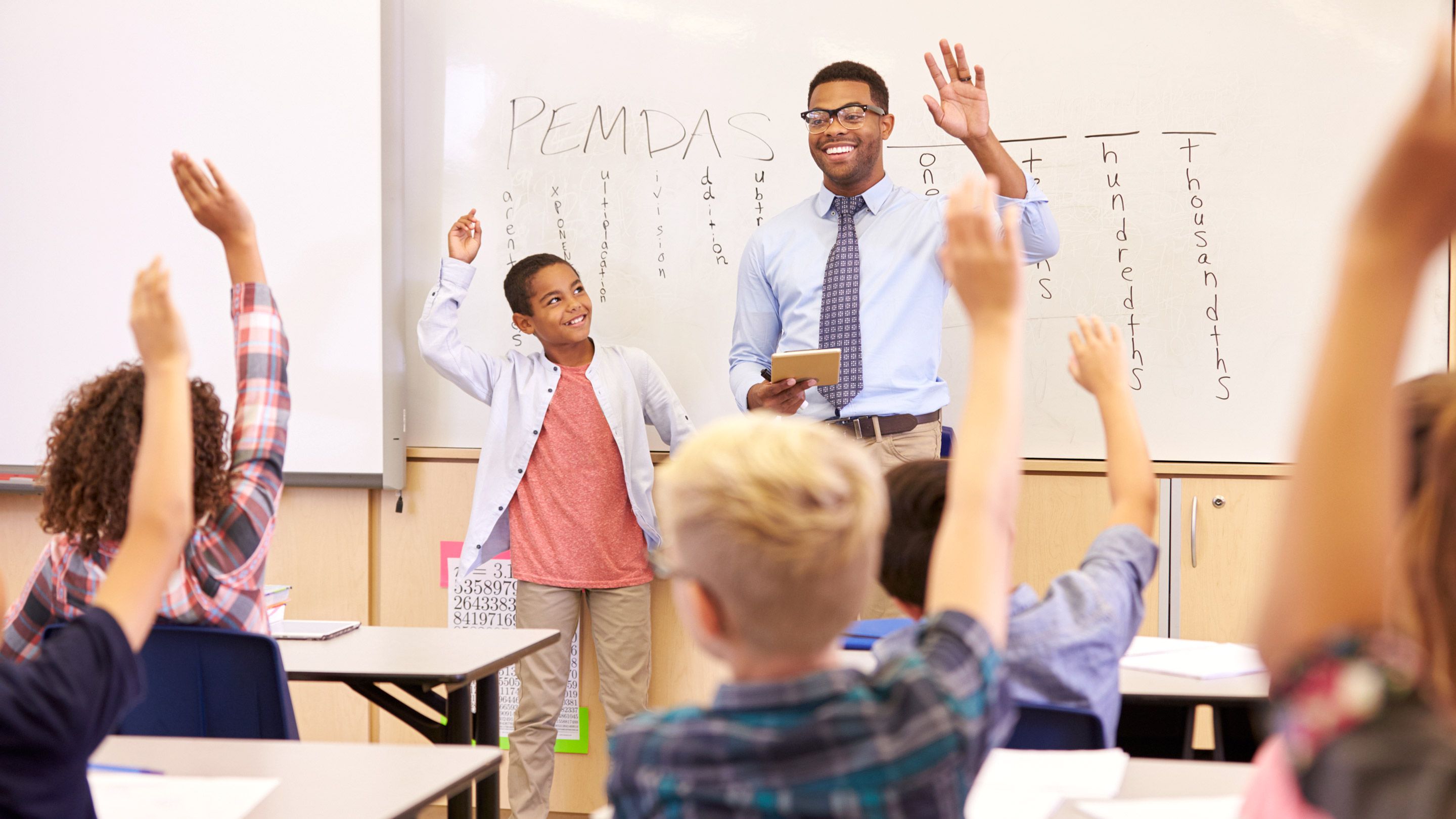Teaching practice (6) - Classroom management
 |
| source: https://www.edutopia.org/article/5-principles-outstanding-classroom-management |
The sixth topic I would like to write about is classroom management. I observed the class on 17.01.2022 (during the first two lessons) and 19.01.2022 (during the first two lessons). First, I will briefly describe the class and the lessons observed. Then, I will share some observations of different stages of those lessons. At the end, I will share my reflections about disciplinary responses and how they affect the students.
I observed the 2nd grade (students are 7-8 years old). There are 26 students in the class. Students have English lessons 2 hours each day of the week.
The topics of observed lessons were:
- Reading comprehension - analysing the structure of the informational text
- Reading comprehension - describing the picture, grammar points
- Animals and their homes - introducing new vocabulary
- Grammar lesson - plural forms of nouns, exercises from the workbook
- revising the names of parts of the informational text (heading, subheading, description), answering questions connected to the text
- describing objects (Where is/are …? They’re/It’s …), using prepositions of place, answering yes/no questions
- introduction of new vocabulary (frog, field, pond, woods, squirrel, mouse), differentiating the animals and their homes
- introducing and practising irregular plural forms of nouns
Pupil’s behaviour and teacher’s response at different stages of the lesson
Starting the lesson, checking the attendance
Pupils are disorganised, their books are closed, they are still eating the breakfast or talking to their peers
Possible causes:
- this is their first lesson - they may be tired, sleepy
- it is their first encounter of the day with their friends
- she raises her voice
- she waits a moment until students get unpacked
- she repeats the instruction a few times
Introducing the topic, checking the homework
Pupils open their books, multiple students ask for the page number, some open the wrong book
Possible causes:
- they are still sleepy
- some students come in late and are unaware of what’s happening
- those talking didn’t hear the instructions
- she walks around the classroom and marks the homework
- she shows the cover of the book to open
- she repeats the page number a few times
- she writes the page number on the whiteboard
Revision of the previous topic (vocabulary, grammar)
Pupils answer teacher’s questions, open the book on a random page, continue talking to their peers
Possible causes:
- some students may be bored of revising previously taught material
- they don’t want to repeat the same thing
Teacher reacts in one of those ways:
- she makes revising interesting (changes her tone, uses games, engages the whole class in the activity)
- she raises her voice or claps her hands
Introduction of the new topic (vocabulary, grammar)
Pupils ask the teacher to translate chosen words or sentences, some come to the teacher’s desk with a question, a few are confused of what’s illustrated on the flashcards
Possible causes:
- the material is new and unknown
- it is difficult to understand
- some students are lost
Teacher reacts in one of those ways:
- she walks around the classroom, so everyone can see the flashcards
- she translates crucial and important sentences into Polish
- she encourages students to repeat after her
Practice and production, finishing the lesson
Pupils answer the questions, open their workbooks, some don’t hear the instructions, a few start doing the tasks without waiting for the class
Possible causes:
- students are tired
- they are waiting for the break
- some open their book automatically (out of habit)
- she chooses students to answer the questions randomly
- she repeats the instructions a few times
- she writes the page and task number on the whiteboard
My reflection
In terms of discipline management, it’s an important yet very challenging part of the teacher’s job. I think it gets easier with practice and time spent both observing and interacting with students. Discipline helps create a learning environment and make the class organised. From a teacher's point of view it’s crucial to be consistent and to stick to once established rules.
Students’ behaviour is affected by many factors, including the ones the teacher can’t control or in any way affect. Educators should be aware that time of the day, lesson’s number or the weather may impact students’ ability to focus or have energy to engage in classroom activities.
Teacher’s disciplinary responses affect students in many ways. I reckon it’s crucial to remember to respond to the behaviour and not the features or character of the student. They aren’t supposed to feel bad after talking to the teacher, but to change their behaviour. The reaction shouldn't be delayed, so the child knows what it concerns. Also, the teacher should try to find reasons and causes for this behaviour - talk to the pupil, observe him in different situations. In that way, the change can be long-lasting and more constant.
Comments
Post a Comment